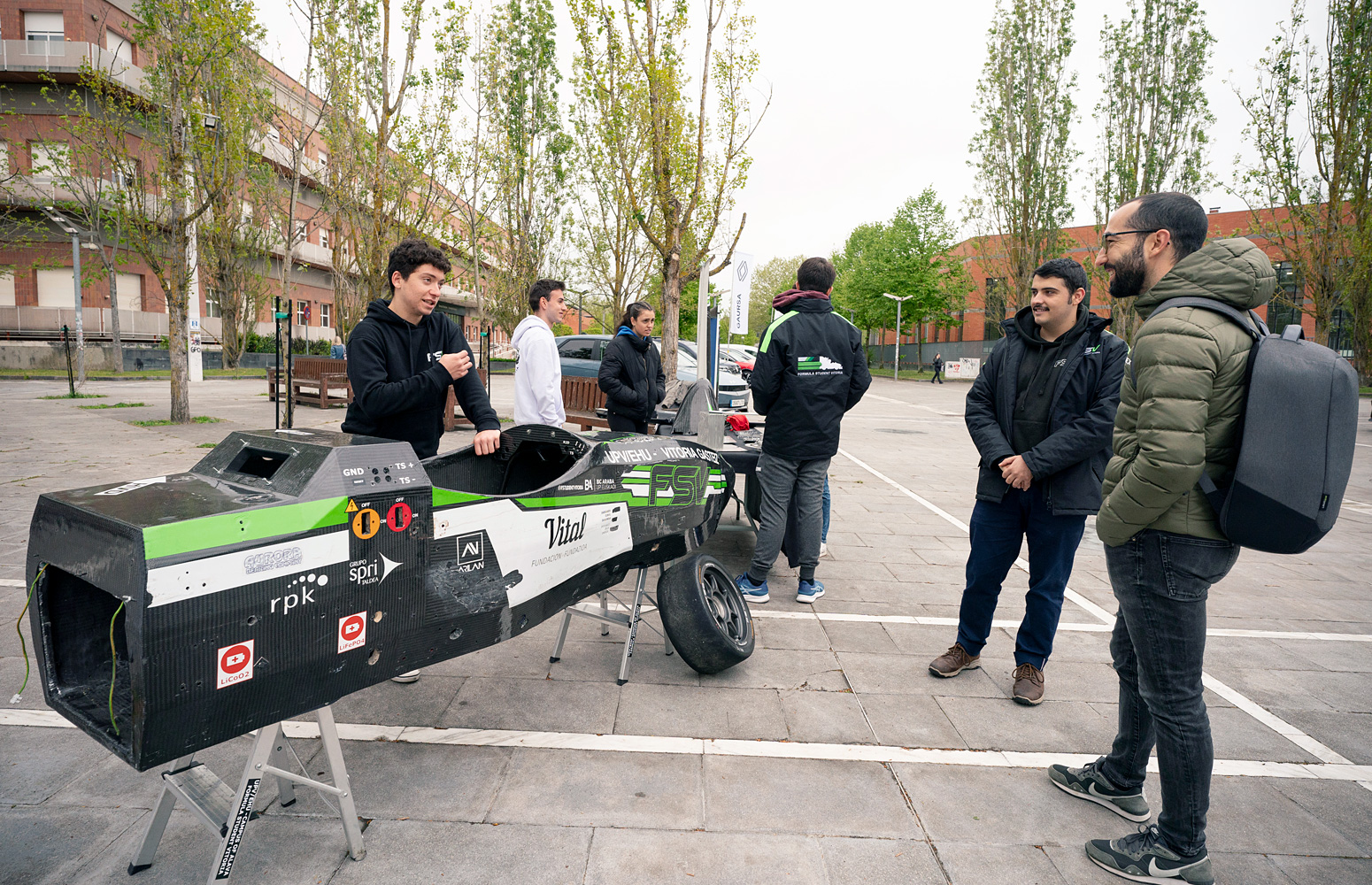-
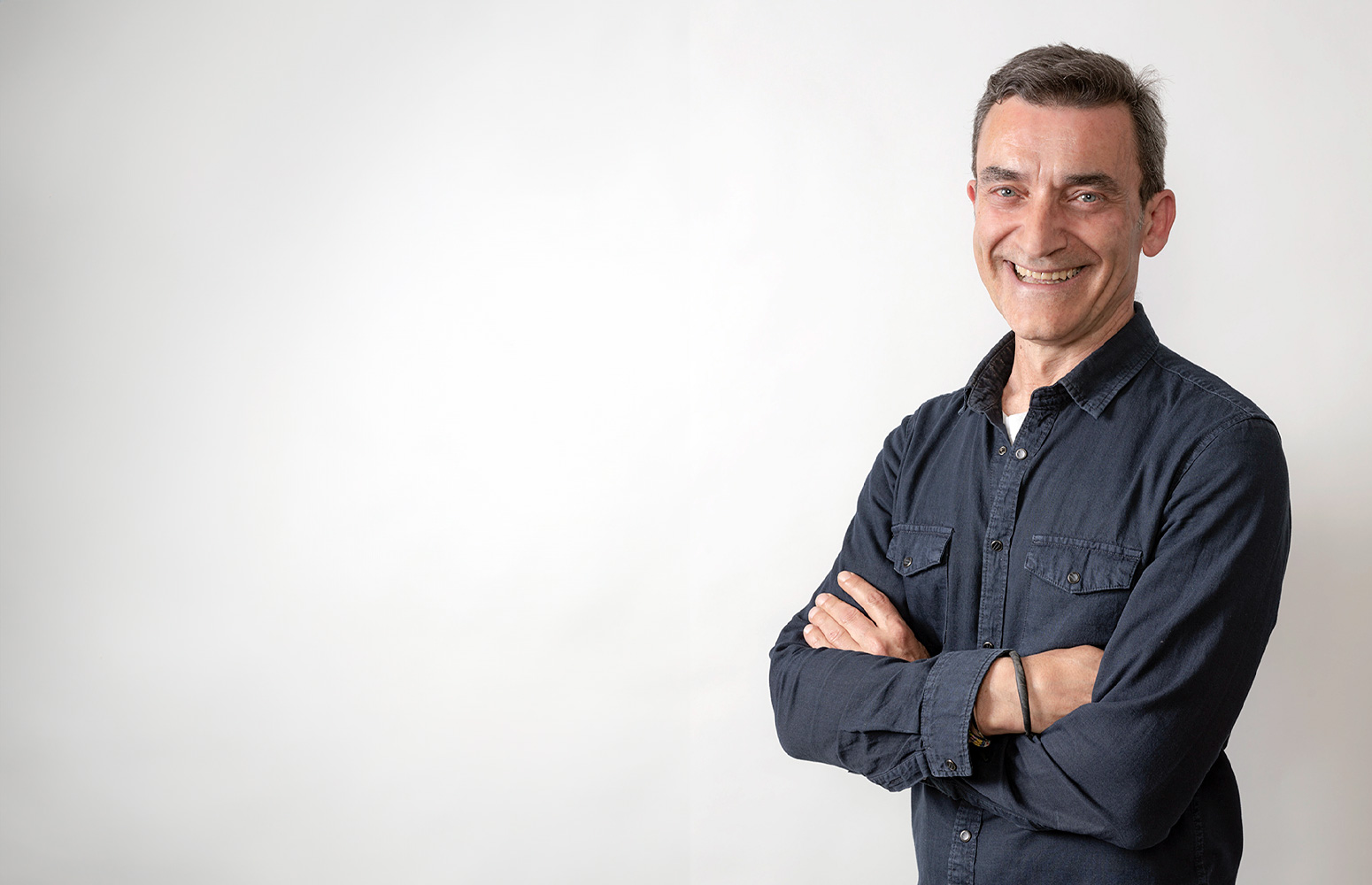
In memoriam: Arturo Muga
-
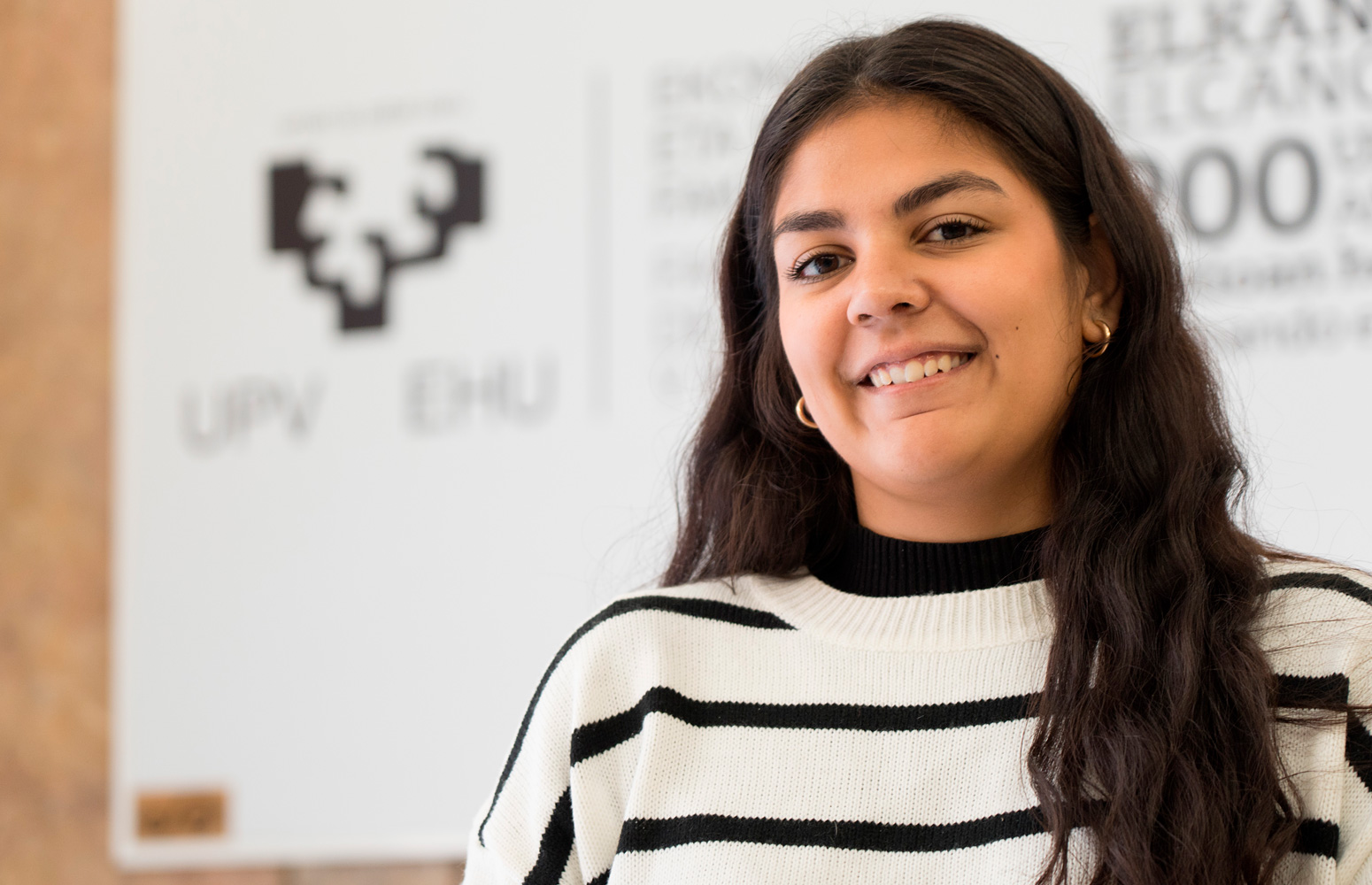
Violeta Pérez Manzano: «Nire ahotsa ijito bakar batengana iristen bada eta horrek inspiratzen badu, helburua bete dut»
-
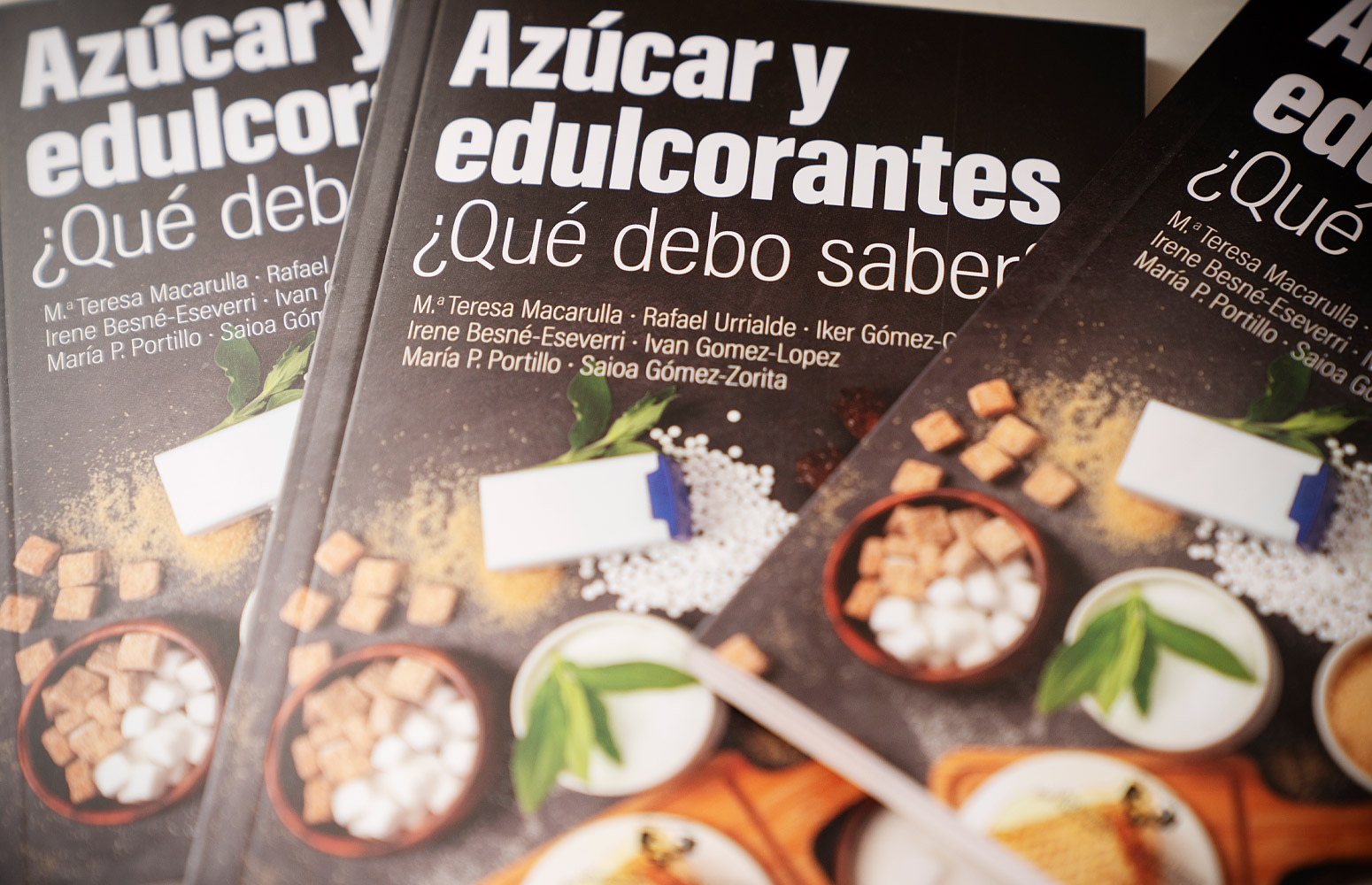
Azukrea eta edulkoratzaileak. Zer jakin behar dut?
-
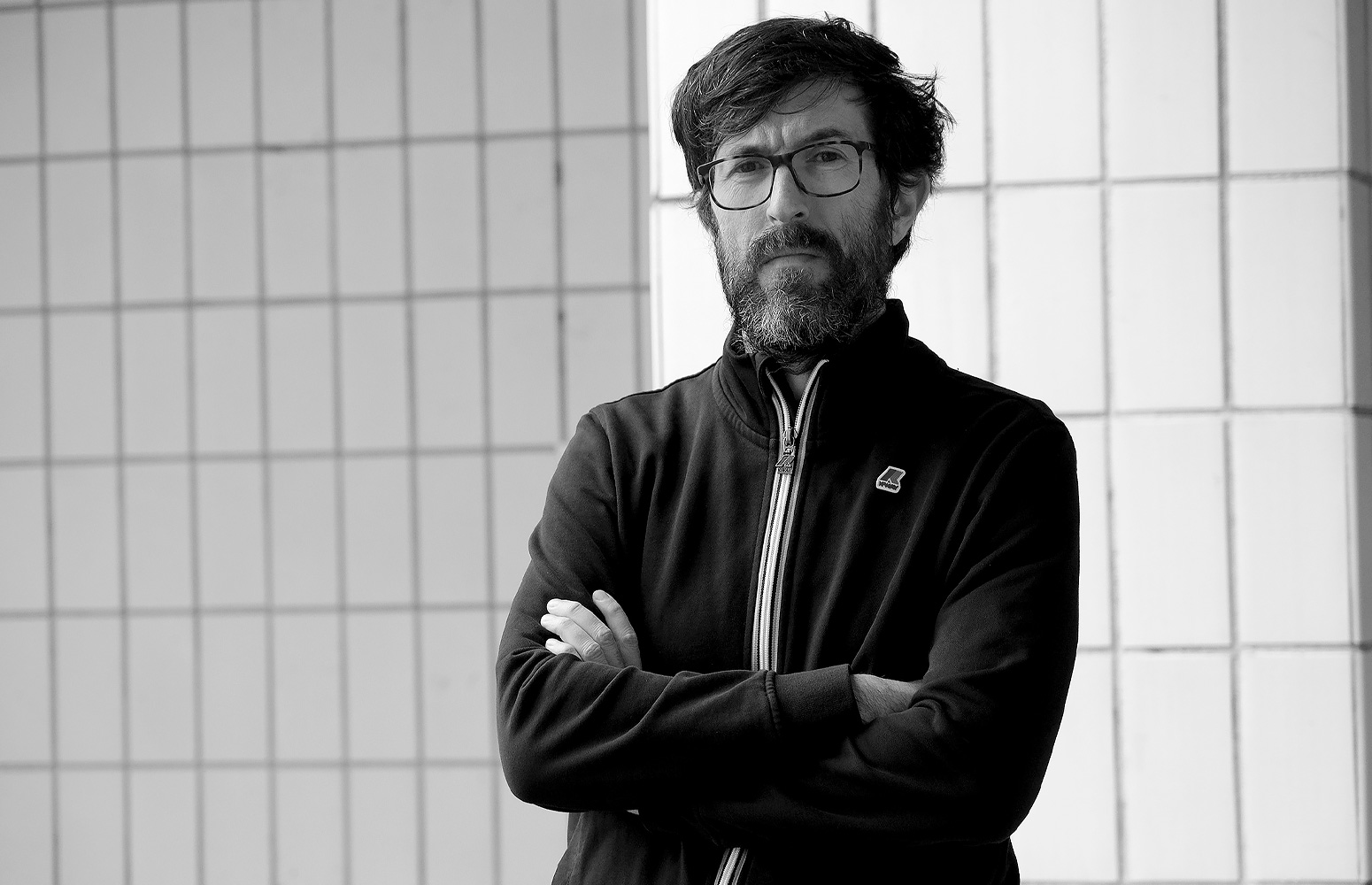
Athletic zuri ta gorria, zu zara nagusia, baina zertan? Gizonezko futbol profesionalaren gaitasun (im)mobilizatzaileari buruzko hausnarketa soziologikoa
-
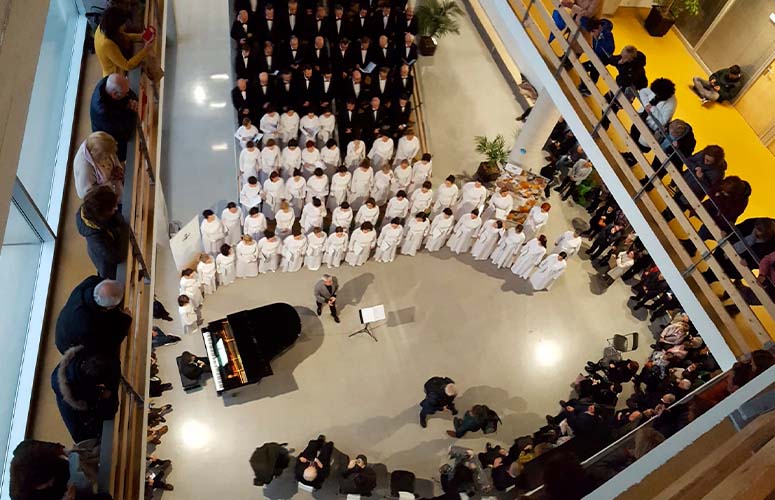
Iñigo Argomaniz sustatzaileak eta Eli Arabaolaza ikertzaileak irabazi dute XXIII. Donostiako Orfeoia-UPV/EHU Saria
Durk Gorter
A Frisian researcher fascinated with multilingualism
Ikerbasque research professor of multilingualism at the University of the Basque Country-UPV/EHU
- Cathedra
Lehenengo argitaratze data: 2018/10/11
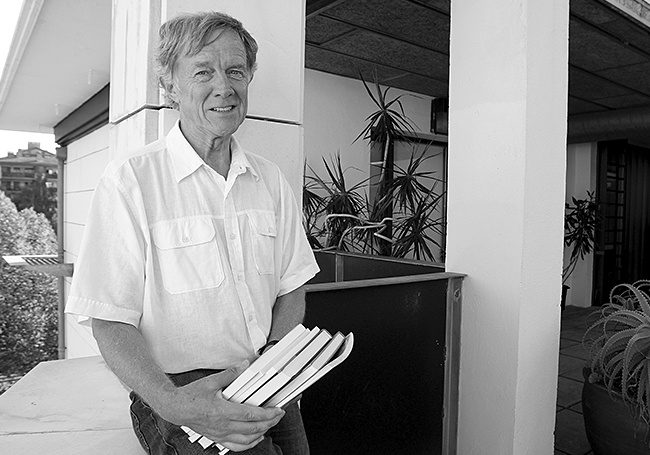
Artikulu hau jatorriz idatzitako hizkuntzan argitaratu da.
On many occasions, people ask me how I became curious about the ways languages are used and why I want to study multilingualism at school and in society. As a child, I grew up with three languages in a small village in the province of Friesland, in the North of the Netherlands. At home with my parents, I would speak a variant of the Lower Saxon dialect, called Stellingwerfs. With my friends and classmates, I spoke Frisian, the indigenous minority language of Friesland. Standard Dutch, the majority language, I would speak at school, but also with one of our next-door neighbours. Although I do not remember it myself, my mother used to tell the anecdote that at about 4 years of age, I would be playing in our living room with a friend in Frisian, greet the visiting neighbour in Dutch and answer my mother in Lower Saxon, moving between languages effortless and using my whole linguistic repertoire. She used this story to explain to others why her son got involved in the study of multilingualism and minority languages, and probably she was right. The story inspires me to question how and why people learn and use languages, as a complex and extremely interesting phenomenon. It is a fascination that has stayed with me until today.
A few years ago, Stellingwerfs, as part of the Lower Saxon variety, has obtained recognition from the state authorities of The Netherlands as a regional language in the European Charter of Regional and Minority Languages. This legal and moral recognition has given a boost to language activists, but it remains to be seen if the downward trend in the number of speakers can be stopped without further measures for education, media and technology. Already in 1970s the Frisian language was recognized as an official, second language of The Netherlands. Also for Frisian, the relatively modest measures to protect and promote the minority language have not reversed the gradual downward language shift. Today about half of the inhabitants of the province of Friesland still speak Frisian as their first learned language. However, they all also speak Dutch just as fluently, and almost everyone can have a conversation in English as well. Regional variants and recently arrived languages make up a complex assemblage of languages among a multilingual population. Dutch is the socially dominant language is most domains of life. People sometimes think that Dutch is another small language, an idea even common among speakers of Dutch. They forget that some 24 million people speak Dutch, that it is an official language in six countries, including Surinam, Aruba, Curaçao and Sint Maarten and it is among the 40 most widely spoken languages in the world.
In 1978, I started my academic career as a research assistant with the large-scale survey project ‘Taal yn Fryslân’ (Language(s) in Friesland). In parallel, I became the first sociologist of language at the Fryske Akademy, the research institute on the Frisian language, its history and culture (founded in 1938). Through many interviews, this project taught me first-hand how people think and feel about languages. Especially their deep attachment some respondents had to their language, in their case Frisian, made a lasting impression on me. The outcomes of the survey on language use and language attitudes were highly valued in politics and in society. During my PhD, in which I investigated language use and code switching between civil servants and citizens, I learned to see the importance of differences in power between different groups and the subtleties of interactions among speakers.
Early on, I also became aware of many other minority language communities in Europe and how they face similar challenges. In 1982, I was fortunate to be among the founders of the European Bureau of Lesser Used Languages, with its seat in Dublin. Through its meetings, activities and studies I learned a lot about similarities and differences between European languages from the Sami in the Arctic North to the various minority languages in the South of Italy. After Spain joined the European Economic Community in 1986, Basques, Catalans and Galicians joined the European Bureau and I made some trips to the Basque Country. Around the same time, we established the Mercator research network of three centers: in Friesland, we focused on education, in Catalonia our colleagues documented legislation and in Wales they worked on media. This comparative work gave me insight in many issues that confront school systems and in particular teachers, when they want to maintain and develop their minority language.
From 1994 onward, I combined my work as head of a department at the Fryske Akademy, with a part-time full professorship for Frisian sociolinguistics at the University of Amsterdam. I participated in various European research projects, organized some international conferences and published a couple of edited books and special issues of journals.
My appointment as Ikerbasque research professor at the University of the Basque Country in Donostia in 2007 implied a significant development in my academic career. Here I entirely focus on research and publications. Together with colleagues, we have established the ‘Donostia Research group on Education And Multilingualism’ (DREAM), a group that aims to bring about innovative research projects on multilingual education and linguistic landscapes. We contribute internationally to the field of Applied Linguistics where a ´multilingual turn´ has taken place and the field of Linguistic Landscape studies has recently started to blossom. The Basque Country is one of the most interesting places in Europe to study multilingualism, because of the fascinating development of Basque in contact with Spanish, English, French and other languages.


